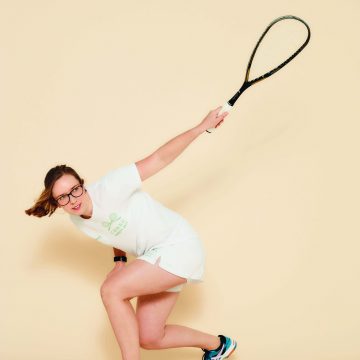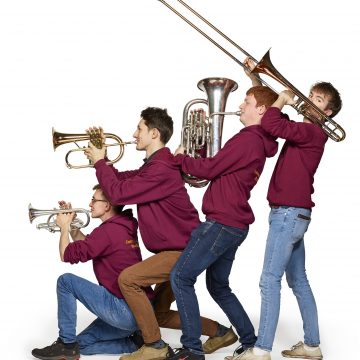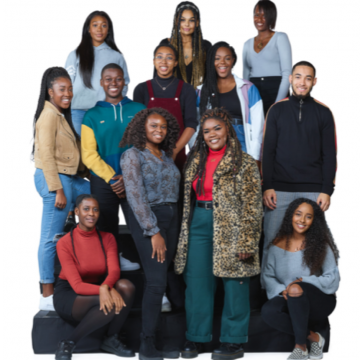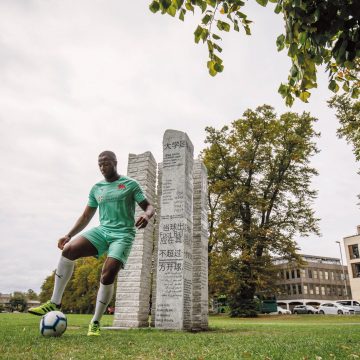In Search Of Atlantis
The Cambridge University Underwater Exploration Group positively enjoy being thrown in at the deep end
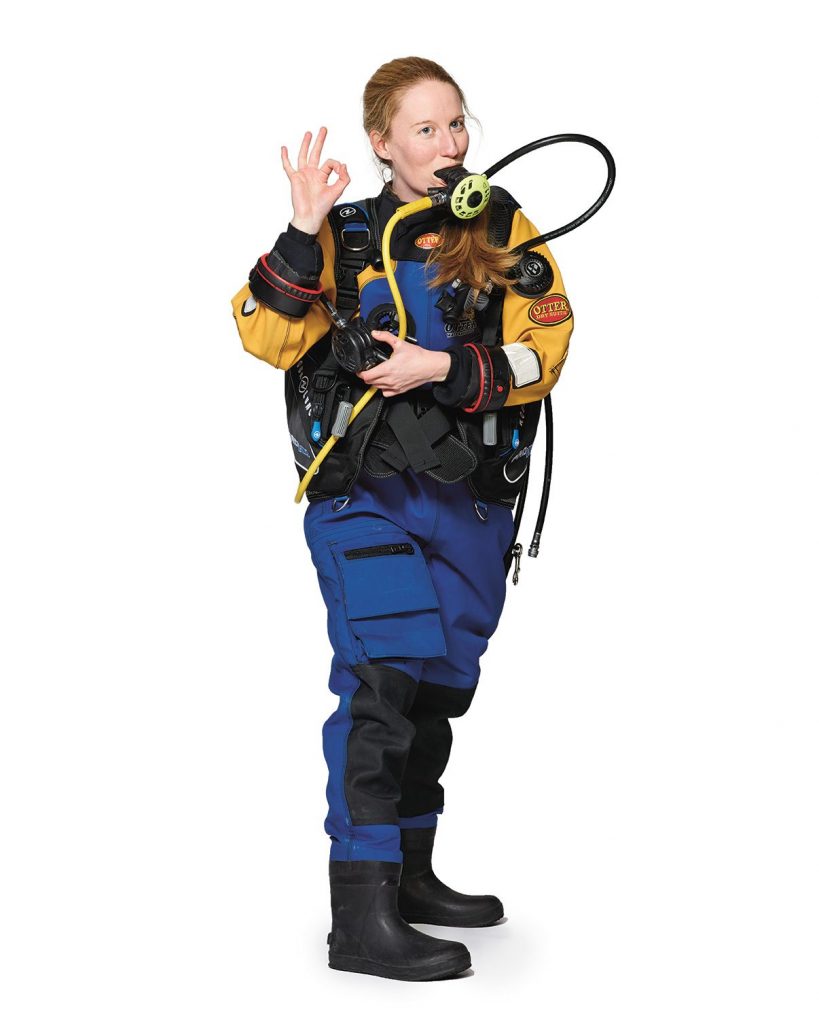
Most of us join societies to meet new people – join the Cambridge University Underwater Exploration Group (CUUEG) and you’re likely to meet new species, too. “On one trip to the Farne Islands in Northumberland, the seals were so friendly that it was like being with huge puppies,” says current chair Isobel Hambleton, a thirdyear PhD biochemist at Clare. “They swam right up to us, so we could stroke them. In fact, it became a bit difficult to swim, as they were so interested in our equipment, which was very brightly coloured – they were fascinated with it. They kept trying to nibble it. It’s quite hard to discourage a seal…”
It’s a sport, but not a competitive sport. You’re always going at the speed of whoever you are diving with. You dive as a team
These close encounters go back a long way. The club, also known as the Cambridge University Sub Aqua Diving Club, was formed in 1956, making it one of the oldest scuba diving clubs in the UK. Nicholas Flemming (Pembroke 1957) – a distinguished marine geoarchaeologist and former director of the British National Oceanographic Data Centre – led its first expedition, in 1958, to map the underwater city of Apollonia in Libya. Since then, members have explored underwater sites from Malta to the Red Sea, carrying out research on everything from how diving affects intelligence to the British government’s claim to the uninhabited granite island of Rockall. Hambleton recalls a recent trip to the Valentine tanks site off the coast near Swanage, where a group of the experimental amphibious vehicles sank in 1942. “They’re all still there, and they’re fantastic to dive around,” she says. “But it won’t be long before they all disappear: one really big storm and that will be it. So it’s good to see these things while we still can.”
University is the ideal place to learn scuba diving, says Marius Weber, a fourth-year physicist at Churchill: it is cheaper and more convenient than doing it by yourself, and there are plenty of experienced members to learn from. He joined CUUEG in his third year.
“I’d been inspired by things like Blue Planet, and I like looking at new things and having new experiences,” he says. “I guess you could describe it as being similar to going on a walk, but the environment is so fantastically different.
“I remember doing a training dive at Gildenburgh Water, an old clay pit near Peterborough. The owners have put in submerged attractions, and we were swimming into an old van. I’d just got myself a dive light and as we were going in, I saw this huge pike, slightly longer than my shoulder. When I shone my torch at it, I saw a whole load of colours – reds and blues – that I’d never realised were on a pike. The pike didn’t care at all that we were there. It didn’t move.”
Scuba diving, by its very nature, is collaborative: you can’t dive safely by yourself. That is part of the attraction, says Hambleton, and it is why expeditions and meet-ups are crucial to CUUEG. “It’s a sport, but not a competitive sport. You’re always going at the speed of whoever you are diving with. I think that’s quite different from doing a sport where, if someone is very experienced, they will go off and leave you. You dive as a team.”
Find out more about the Cambridge University Underwater Group.

